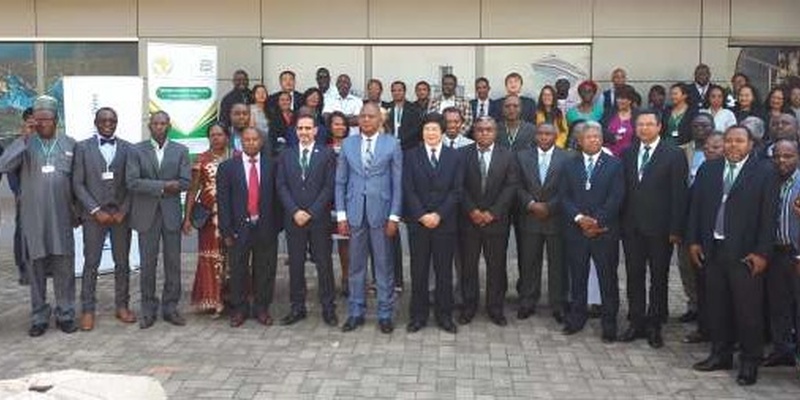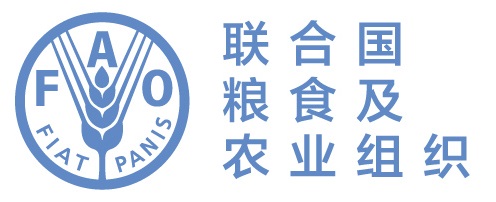Working together to protect plants and the environment in Africa: A 2018 IPPC Regional Workshop
Posted on Thu, 27 Sep 2018, 07:33

Forty-five participants from 29 countries exchanged their experiences in protecting plants from pests and diseases during the IPPC regional workshop for Africa. © FAO
13 September 2018, Antananarivo - Keeping plants healthy, stopping invasive pests such as the Fall Armyworm which is destroying food crops in Africa, and protecting the environment were some of the important issues discussed at the International Plant Protection Convention (IPPC) regional workshop held in Antananarivo, Madagascar from 11 to 13 September 2018.
Bringing together 45 participants from 29 countries, the workshop provided an opportunity for participants to learn from each other s experiences in developing phytosanitary capacity; and discuss draft International Standards for Phytosanitary Measures (ISPMs). Observers from the International Seed Federation (ISF) and the African Association of the Trade of Seeds (AFSTA) also participated.
Mr Xia, IPPC Secretary, thanked all the partners and participants for their commitment, adding that the record participation in this workshop represents a milestone for phytosanitary work Africa.
The IPPC Secretariat and the FAO office for Madagascar, Comoros, Mauritius and Seychelles organized the workshop. It was hosted by the Government of Madagascar and supported by the African Union s International Phytosanitary Council.
The workshop was mostly financed by the IPPC China South-South Cooperation project and included presentations on the FAO China South-South Cooperation Programme and its role in promoting plant health and developing phytosanitary capacity in the region.
A special session on the Fall Armyworm highlighted the danger that the invasive pest poses to the region s agriculture. For example, the Democratic Republic of the Congo s Ministry of Agriculture reports that up to 45 percent of the country s maize crop has been destroyed by the pest. The DRC and other countries shared information on how they are dealing with this crisis.
For more information, please see:
-
the Workshop report for the 2018 IPPC Regional Workshop for Africa (coming soon)

